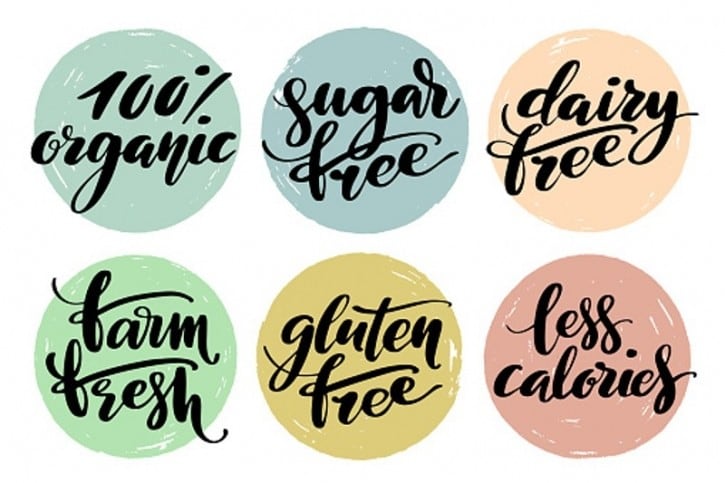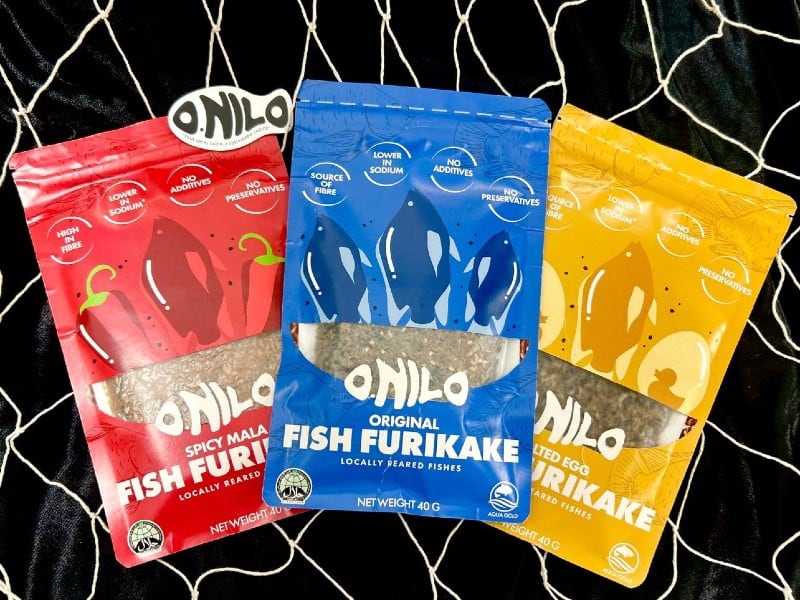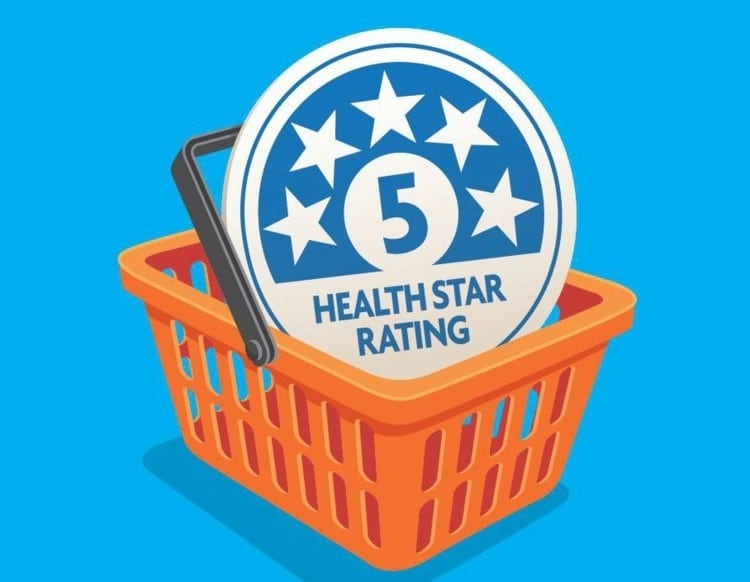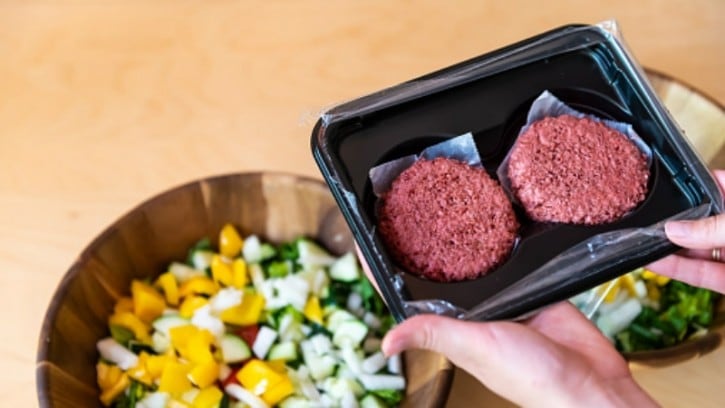The rise in consumer awareness and demand for health and wellness products as part of their diet has led to a corresponding increase in popularity for herbal medicine products such as ginseng and traditional tea ssanghwatang, which are regulated differently than regular food items in the country when health claims are made.
However, the popularity of these products has also led to an increase in firms attempting to capitalise on these by linking their own food or beverage products to these in the labels, even if these include little to none of the beneficial ingredients, in addition to making other in-health and nutrition claims.
MFDS has made many attempts to curb these misleading practices, and in its latest move, the ministry has now announced new regulations containing long lists of specific standards, practices and items that will no longer be allowed on product labels.
“In order to protect consumers and ensure objectivity and transparency against inaccurate and misleading product labelling and advertising, these new regulations will apply to all parts of the food from finished products to packaging to additives, livestock and more,” the ministry said via a formal statement.
“These regulations specifically prohibit any product labelling or advertising that may cause the food [or beverage item] to be perceived as [health-conferring products] including herbal medicines, health functional foods, or are deceptive to consumers in any way.
“This includes using the prescription name or a similar/related name linked to these herbal medicines in any form that may cause a product to be perceived as such.”
The list mentioned by the ministry contains around 50 types of herbal medicines of which food firms are not allowed to reference in their labels or make any sort of claims relating to these.
In addition to ginseng and ssanghwatang, the list also includes the popular Gong Jin Dan which is known as the Super Tonic Ball for energy boosting; and herbal tea Cheongmyeongtang which touts memory-enhancing benefits.
“The regulations also cover other forms of deceptive labels such as attempts to [falsely include added benefits], such as using a ‘no colouring added’ label or advertisement on teas, coffee, kimchi, red pepper paste or vinegar where the use of colouring is already prohibited by law [as it indicates an added benefit].
“Similarly, a ‘no preservatives added’ label for labels of noodles, dumpling skins, seasoned or processed meats and so on is not allowed either when it refers to preservatives that are already specifically prohibited by MFDS for food safety reasons.”
No puffing in marketing
The ministry has also specifically included clauses in this notice that will prevent manufacturers from essentially puffing up their products, which is a common tactic used to try to impress consumers on supermarket shelves.
“All forms of labelling and advertising that mislead and confuse consumers into thinking that a product is superior to other products, or that the company itself or its supplied products are superior than its competitors, will be prohibited as well,” it said.
“This is particularly when it comes to the use of terms that are unclear in their definition and scope, with no sufficient scientific or objective basis for this claim – such as a product being a ‘superfood’ or ‘Company XXX imported this into Korea for the first time ever’ without any way of proving this.
“Other specific prohibitions include the use of language or images that significantly violate public morals or social ethics by encouraging behaviour like gambling (e.g. a food package showing lottery tickets).
“Similarly, firms are not allowed to attempt to use drawings, designs, photographs or phrases to arouse sexual curiosity as a marketing ploy – this includes terms such as ‘candy you want to kiss’ or ‘jelly you want to touch.”
The regulations will come into full force starting January 1 2026, and is expected to undergo a review every three years. All products made or imported before this date will still be permitted for sale in the country until the date of expiry.





